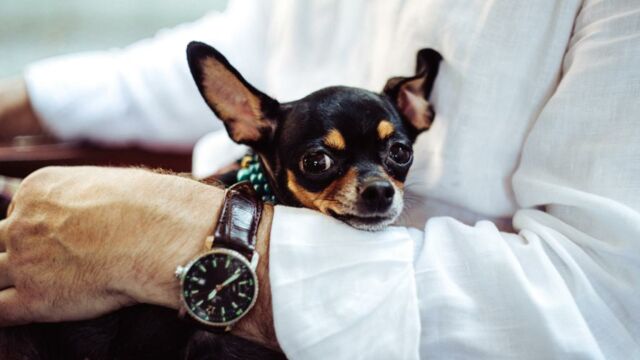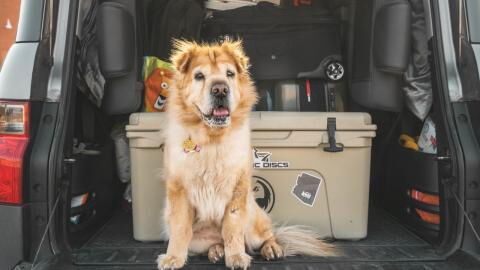Dogs may not wear watches and know the exact hour of the day but they know a thing or two about time and quickly notice the slightest alteration to their routine. While humans know how to adapt to the Hour Change twice a year, the pooches get confused when it happens. Here is how to help them cope.
Discover our latest podcast
Your dog will get stressed - prepare them

Dogs like having certainty about the time of their eating, walking and sleeping. Routine is very important for them, and any disruption can increase stress and anxiety levels.
Prepare your pet for the change by gradually altering their routine by 10-15 minutes each day leading up to the clock switch. Wake them later, feed them later, and walk them later if you can. This way, when the time comes, it won’t take your pooch by surprise.
The pup will confuse days and nights - keep it light

As the clocks go back, we see the average number of sunlight hours go down from 16 in the summer to just eight in the winter. This causes confusion for your pooch’s internal body clock which makes them wake up and feel tired at similar times each day.
Even though it’s not possible to only walk your furry friend during sunlight hours, it can be helpful to opt for well-lit areas for your evening strolls, so that they barely notice the difference.
Your pooch will get clingy - don’t let them down

While your dog loves the fact that you spend more time with them during the dark and cold time of the year, they can become too reliant on you. You don’t want them to feel heartbroken when the clocks go forward in the spring and they end up with a lot more time on their own.
Make sure that you give your pet the same amount of attention all year round, not only in the autumn and winter. The more time you spend with your dog, the happier it makes them. The opposite situation contributes to separation anxiety, which is particularly common during daylight saving time.
Sources used:
- The Scotsman: 'Dogs and The Hour Change: Here's how the hour change affects your adorable dog - and what to do about it'















